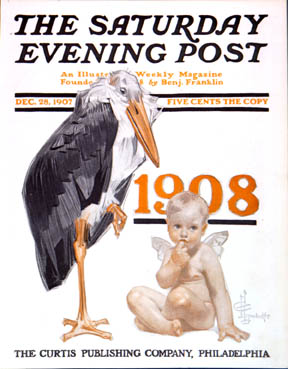
In writing my final paper for the library science class I took last semester, I decided I wanted to quote Dr. Samuel Johnson’s statement that “No man but a blockhead ever wrote, except for money.” In a research paper, I have learned (the hard way), you can’t just give a quotation, even if it’s a famous one. You have to actually cite the work. So I downloaded Boswell’s Life of Johnson to find the page number. And since I had it on my Kindle, I figured I might as well read it.
I’m glad I did, but frankly it was a little tough. It’s a very long book – and this is the abridged version. The original is six volumes. Yet it was a unique reading experience. I’ll get to that later.
Dr. Samuel Johnson is best known for two things – he compiled the very first English dictionary, all by himself except for some secretarial help (the French, he liked to remind people, though they had a smaller language, needed a whole college of scholars to do their own), and getting his biography written in memorable fashion by his friend James Boswell.
Johnson was famous for his wit – but it’s not the kind of wit we generally think of today. Today we picture wits in the Oscar Wilde mold. Johnson would have considered Wilde flippant and contemptible. Johnson’s wit was mostly aimed at defining fine points of meaning and moral truth. Most of his great lines aren’t really rib-ticklers, though he had his moments: “A lady once asked him how he came to define Pastern as the KNEE of a horse: instead of making an elaborate defence, as she expected, he at once answered, ‘Ignorance, madam, pure ignorance.’”
Tall, fat, ugly, near-sighted and hard of hearing, with annoying behavioral tics, Johnson was nevertheless one of the most beloved men in London, one whose society was much sought after, though he had little power or wealth. He was a feared debater, who sometimes took a side of an argument he didn’t actually hold, just for the mental exercise. And he wasn’t above resorting to cheap shots to win – Oliver Goldsmith observed that “there is no arguing with Johnson; for when his pistol misses fire, he knocks you down with the butt end of it.” Yet his friends remembered him as an extremely kind and generous man, though prone to moods and fits of bad temper.
And that’s the value of The Life of Samuel Johnson, for those who care to take it on. James Boswell produced one of the world’s great written portraits – describing the man as he knew him for many years, and quoting him as exactly as humanly possible from notes he schooled himself to write down while his memory was still fresh. We come away with the impression that we’ve gotten to know a remarkable man – incisive, clever, opinionated, frustrated by fortune, plagued by fears, struggling with his faith – as well as many of his friends must have. A remarkable achievement in English (or any other language).
Long, though.







